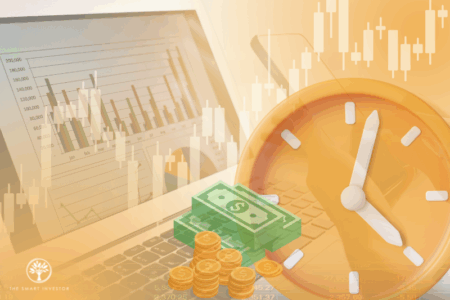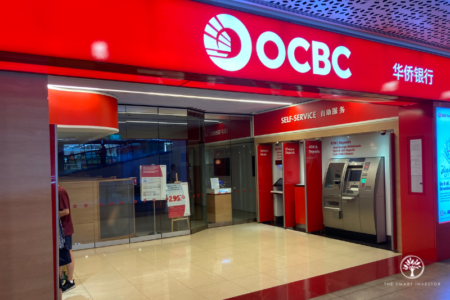A recent Singlife survey asked Singaporeans what financial freedom means to them.
The answers were as diverse as our city-state itself.
Some folks were happy with a stable job that covered their bills.
For others, financial freedom meant living life on their own terms, whether it was travelling the world or pursuing a passion project. And then, there were those who just wanted to be debt-free.
Either way, participants agreed on a single number — $612,000 — deemed to be sufficient to feel financially free.
Finding the right vehicle to grow your money
To reach $612,000 purely through savings is not an easy task.
For example, if you put away S$1,000 every month, or S$12,000 every year, you will need 51 years before you can reach the figure above.
Investing your money can help you achieve this goal faster.
Let’s use bonds as an example.
Currently, Singapore Savings Bonds offer a yield of 3.1%.
If you get around 3.1% per year returns from bonds, you will still need roughly 30.5 years to hit the S$612,000 target. That’s a whole 20 years less than just saving money alone.
But what if you invest your money in the Singapore stock market?
According to the SPDR STI Exchange-Traded Fund (ETF) (SGX: ES3), the historical annual return of Singapore’s Straits Times Index (SGX: ^STI) is 6.7% per annum, based on returns from its inception in April 2002 till the end of June 2024.
So, if you get 6.7% per year, the time it takes to hit the target will come down to a little over 21 years.
And this doesn’t even include dividends.
Starting early and staying the course
In theory, investing in an ETF every month and sitting still over a period of 21 years sounds easy.
All you have to do is buy and do nothing.
Unfortunately, in practice, investors are often swayed by the stock market movements, resulting in them buying and selling ETFs at the wrong time.
Consider these statistics shared by Morningstar (NASDAQ: MORN).
The investment research firm said that the average US index fund or index ETF generated a total return of 10.8% for the 10 years prior to the end of 2023.
In other words, if you bought these funds, you should — in theory — be getting those returns.
However, in practice, human emotions overwhelm index-fund investors and they end up buying and selling at the wrong time.
The impact can be significant.
Even more so when markets are volatile.
For instance, in 2020, fund investors generated two percentage points less per year compared to the actual returns of the funds.
The culprit?
Morningstar said investors appear to have incurred heavier timing losses in 2020, adding assets before the market slid and then withdrawing monies only for markets to rally in the ensuing months.
Said another way …
Investing in index funds will not help you if you are actively attempting to time your entry and exit in the stock market.
Get Smart: The cost of market timing
Market timing has a cost.
Now, some may think that two percentage points is not a big deal.
So, let’s do the math.
For starters, if you invested S$1,000 every month, or S$12,000 every year into a US index fund, you would get over S$1.05 million in 22 years based on a 10.8% per year return.
… okay, and what will happen if you time the market and end up with 8.8% per year returns?
Over the same period, the amount you get will drop to a little over S$800,000. That’s a loss of over S$250,000 compared to buying and holding.
That’s the real cost of market timing.
Remember, the cost of swinging in and out of markets does not magically disappear just because you choose an index fund.
Ultimately, it’s your ability to remain calm during market volatility — and not just your choice of investment vehicle which will make the difference.
At The Smart Investor, we firmly believe that timing the market is a fool’s errand.
The idea will always sound interesting, of course.
But decisions based on predicting where the market will move in the short term often ends in tears.
Looking to start investing? Our beginner’s guide will show you how to make the best buying decision and make fewer mistakes. Click here to download for free now.
Follow us on Facebook and Telegram for the latest investing news and analyses!
Disclosure: Chin Hui Leong owns unit trusts which track the S&P 500.





